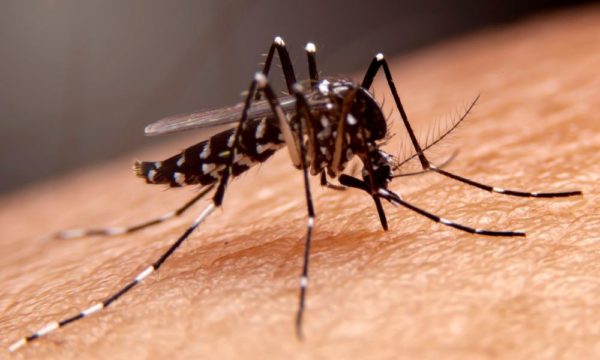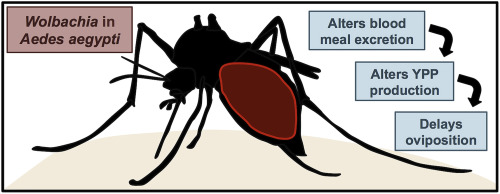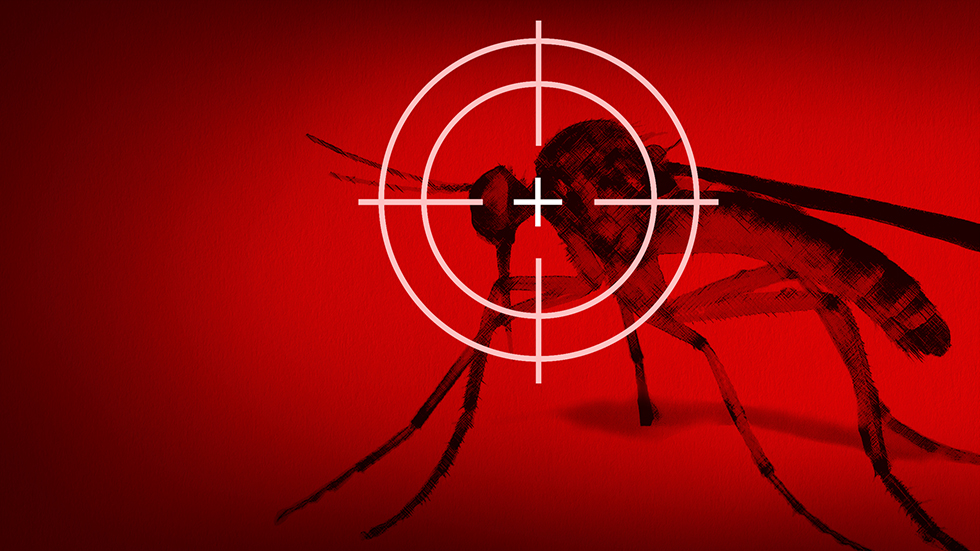Bali’s Interim Governor, Sang Made Mahendra Jaya, has temporarily postponed plans to release swarms of Wolbachia-infected mosquitoes in Bali. A program developed by the World Mosquito Program (WMP) conducted by Monash University found that Aedes aegypti mosquitoes infected with Wolbachia bacteria could spread the bacteria throughout an existing mosquito population where the “introduced” bacteria compete with viruses, including those linked to dengue, such as Zika, chikungunya, and yellow fever. When Wolbachia carriers are integrated into existing mosquito populations, the risks of various dangerous diseases are reduced.

Commenting on the postponement of the release of genetically altered Wolbachia mosquitoes and quoted by NusaBali.com, Governor Mahendra Jaya said on 16 November 2023: “More socialization of the program is needed to the general public. We do not want the public to be divided (over this issue). There are pros and cons in this matter. The program should be delayed for now.” The Governor hopes that an intensified program of socialization will enable wider general acceptance of The Wolbachia Release Program that has been successfully introduced in the Special Region of Yogyakarta.
The Regional Secretary (Sekda) of Bali Province, Dewa Made Indra, added that he is waiting for the results of studies by the Indonesian Ministry of Health (Kemenkes). He confirms the finding that the Wolbachia Mosquito Program aims, through the use of biotechnology, to reduce dengue fever cases, which remain high in Denpasar and other areas in Bali.
Expressing some concerns shared with many community members, Made Indra asks: “Will dengue fever decrease but perhaps cause other diseases? To answer that, of course, science will answer.”

The distribution of Wolbachia mosquitoes was planned for Monday, 13 November 2023, in Denpasar.
Among the parties questioning the innovative biotechnology program and calling for its postponement is the Indonesian Hindu Coordination Center (Puskor Hindunesia).
After its introduction in Yogyakarta, studies from the Wolbachia Program showed a 77% reduction in dengue cases and a concomitant reduction of 86% in dengue-related hospitalization.
Plans now pending in Bali would have initially seen Denpasar release thousands of mosquitoes infected with the Wolbachia Bacteria.
With the Bali program postponed and suspended, Denpasar’s Mayor, I Gusti Ngurah Jaya Negara, awaits the Ministry of Health’s recommendation to continue the Wolbachia mosquito program. “We received a lot of input from the public, so the plan (to spread the Wolbachia mosquito) has been postponed. We have not implemented it while waiting for a positive recommendation from the Ministry of Health.”
Stay Informed on Bali Tourism-Related News: Subscribe to Bali Update

